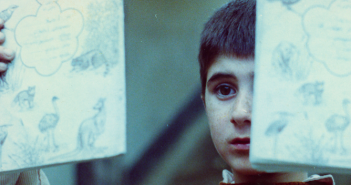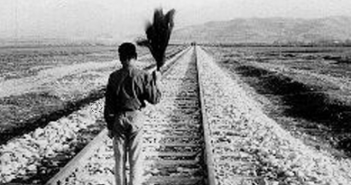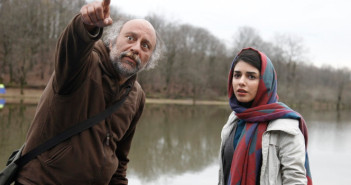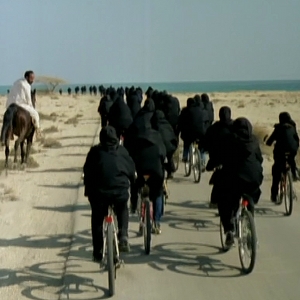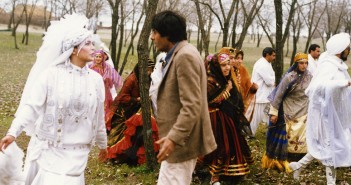
I for Iran: A History of Iranian Cinema: Hamoun Review
Hamid Hamoun, an unsettled member of the Iranian middle-class, works as a salesman by day and an aspiring writer at night. After an alarming and ambiguous dream sequence, Hamoun opens with the title character bunkered up in a barren apartment, clothes, dishes, and his PhD materials strewn about. From the outset, Hamoun is noticeably flustered: he wakes from a dream involving a devilish figure and a ….

